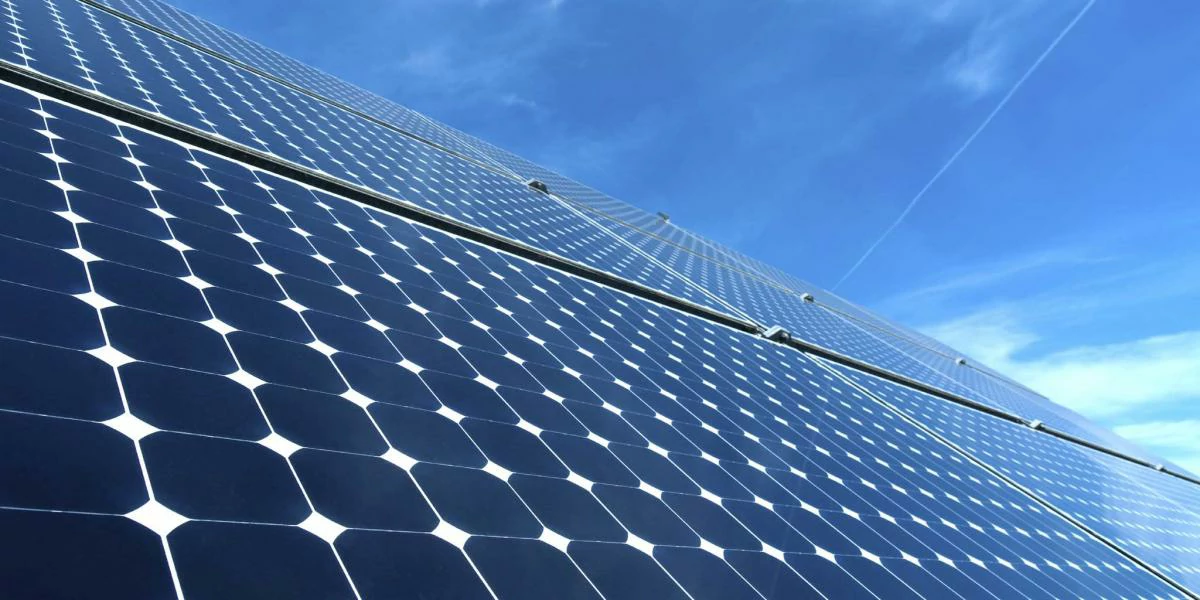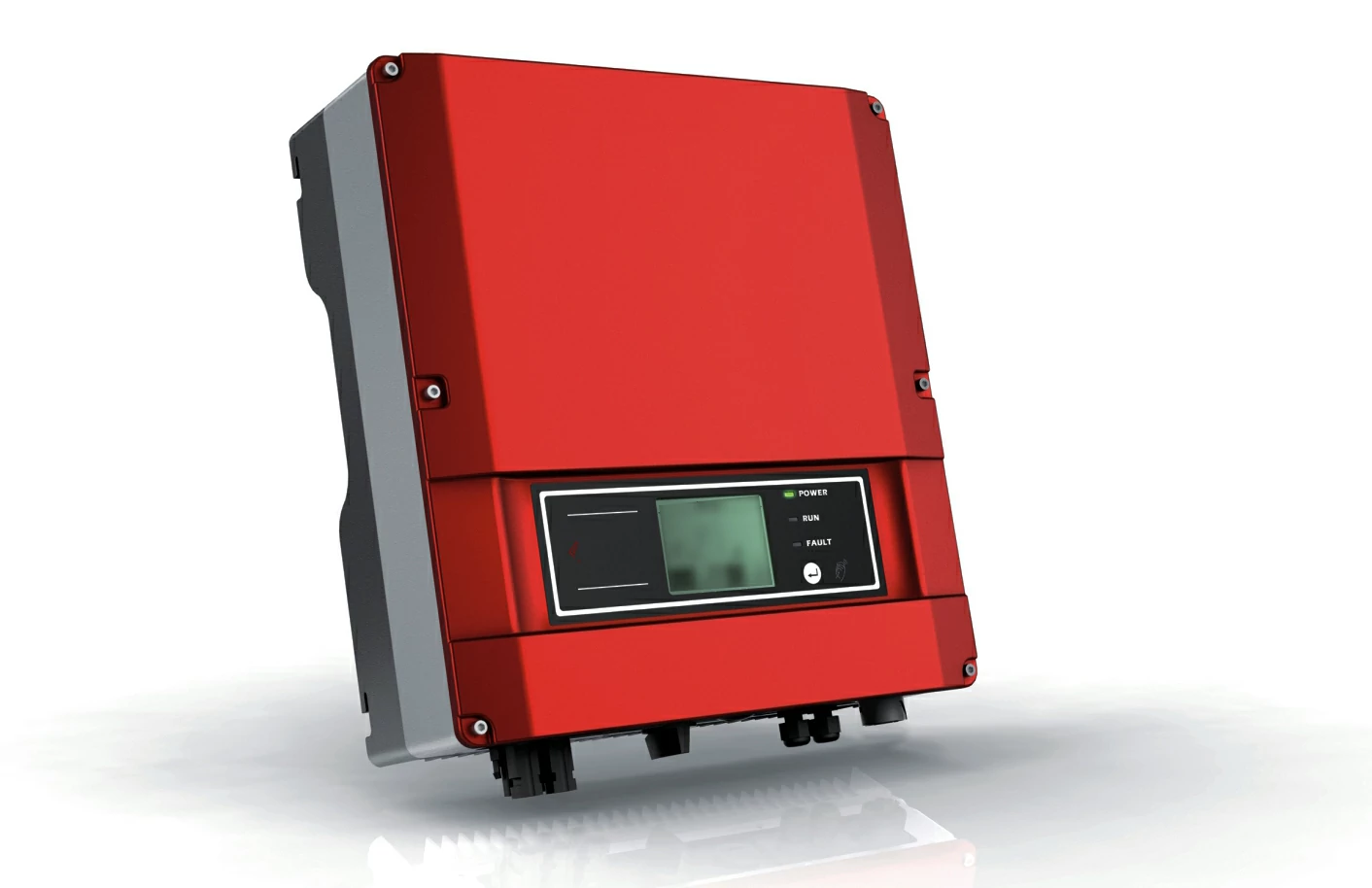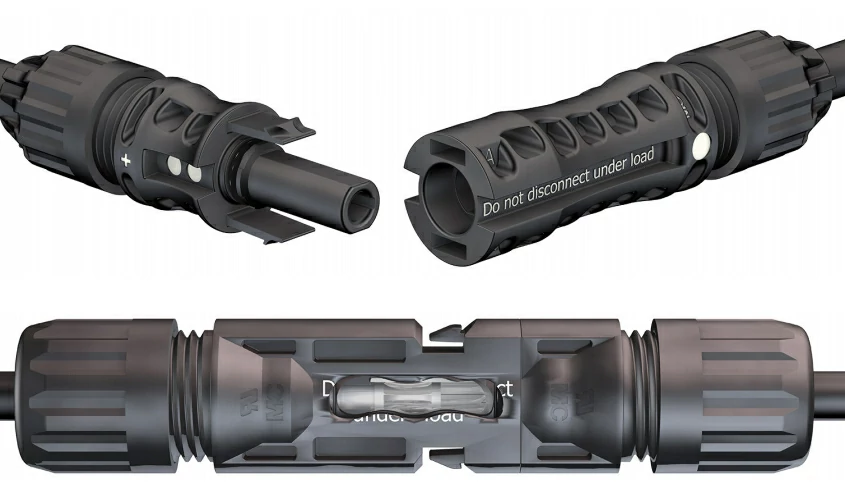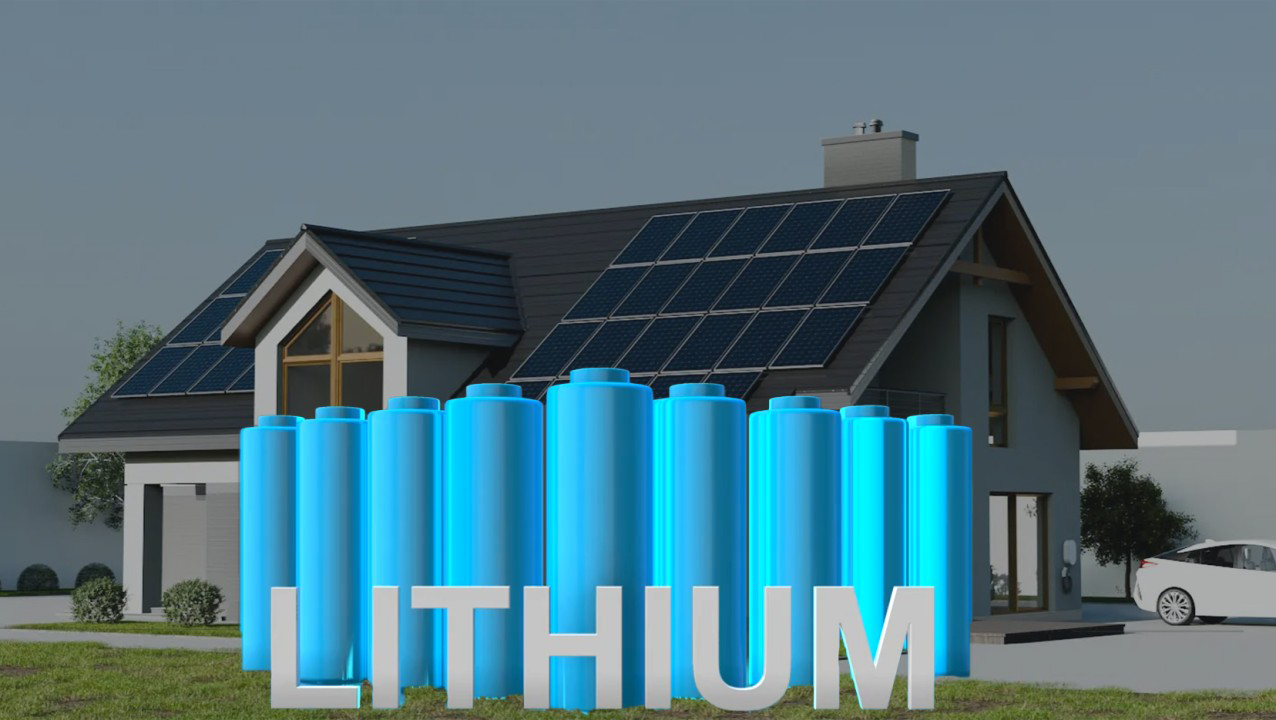Solar module Solar module refers to solar cell module. Because...
Introduction of artificial intelligence method of MPPT controller
With the rapid development of renewable energy technology, Maximum Power Point Tracking (MPPT) technology is more and more widely used in photovoltaic power generation systems. Although the traditional MPPT control method is effective, it is difficult to optimize the energy conversion efficiency in the face of complex and dynamic changing environment. In recent years, the application of artificial intelligence (AI) technology in MPPT controllers has attracted wide attention, showing superior performance. This paper will introduce the application background, basic principle, advantages and disadvantages of artificial intelligence method in MPPT controller and the future development trend.
Background
Renewable energy challenges: The output power of photovoltaic power generation is significantly affected by environmental factors (such as light intensity, temperature), which makes it difficult for traditional MPPT algorithms (such as perturbation observation method, incremental conductance method, etc.) to efficiently track the maximum power point under rapidly changing conditions.
The rise of artificial intelligence: With the development of AI technologies such as machine learning and deep learning, researchers have begun to explore the use of these advanced technologies to solve MPPT problems. AI methods have self-learning, adaptive and predictive capabilities to better respond to the challenges posed by environmental change.
the working principle
The main applications of artificial intelligence methods in MPPT controllers include the following technologies:
Neural network: By building a deep neural network, the MPPT controller can learn the dynamic characteristics of the photovoltaic power generation system from historical data. This approach allows the controller to quickly adapt to environmental changes and predict the optimal operating point in real time.
Fuzzy logic control: Fuzzy logic method adjusts the control strategy according to the change of environmental conditions by establishing a fuzzy rule system. This method can deal with uncertainty and fuzziness, and is suitable for rapidly changing lighting conditions, which is conducive to achieving smoother and more stable power output.
Expert system: A knowledge base based on prior knowledge and experience that dynamically adjusts control strategies through decision rules. Through continuous learning and optimization, the expert system can gradually improve the tracking efficiency of MPPT.
Reinforcement learning: Through continuous interaction with the environment, reinforcement learning algorithms can adjust strategies based on gain and loss feedback to optimize maximum power point tracking under dynamically changing lighting conditions.
advantages and disadvantages
Advantages:
Strong adaptive ability: AI methods can learn and adjust in real time, automatically optimize power output according to environmental changes (such as weather changes, temperature fluctuations, etc.), and significantly improve the overall efficiency of the system.
Efficient and accurate: Compared with traditional algorithms, artificial intelligence methods can locate maximum power points more quickly and accurately, especially in environments with drastic changes in lighting.
Ability to handle complex situations: AI can handle complex relationships of multiple input variables, adapt to diverse operating conditions and system configurations, and provide better decision support for system operation.
disAdvantages:
Computational complexity: AI methods typically require higher computational power compared to traditional algorithms, can lead to higher controller costs, and may not be economical for low-power applications.
Training data requirements: AI technology relies heavily on training data and requires a large amount of historical data for effective model training, which may be difficult to obtain in some cases.
Implementation complexity: Designing and implementing AI-driven MPPT controllers is relatively complex and requires a high level of expertise and knowledge.
the future development trend
Integrated development: Future photovoltaic systems may combine AI algorithms with traditional control methods to form a more efficient and reliable MPPT control strategy.
Edge computing: As computing power increases, AI algorithms will be processed on edge devices to reduce data transmission latency, enabling efficient real-time maximum power tracking.
Combining Big data with the Internet of Things: Combining IoT (Internet of Things) technology to acquire and analyze more data in real time will provide a richer source of information for AI algorithms, thereby improving the accuracy and reliability of MPPT control.
Interpretability research: As AI methods become more popular, research into their interpretability will become increasingly important to enhance user understanding and trust in the AI decision-making process.
conclusion
The application of artificial intelligence method in MPPT controller has brought a new technological breakthrough for photovoltaic power generation system, and significantly improved the energy conversion efficiency. Although it faces certain challenges in implementation and operation, with the continuous maturity of technology and in-depth research, artificial intelligence methods will play a more important role in the field of photovoltaic power generation and other renewable energy. In the future, we have reason to believe that AI will lead the photovoltaic industry to the direction of higher efficiency and intelligence.
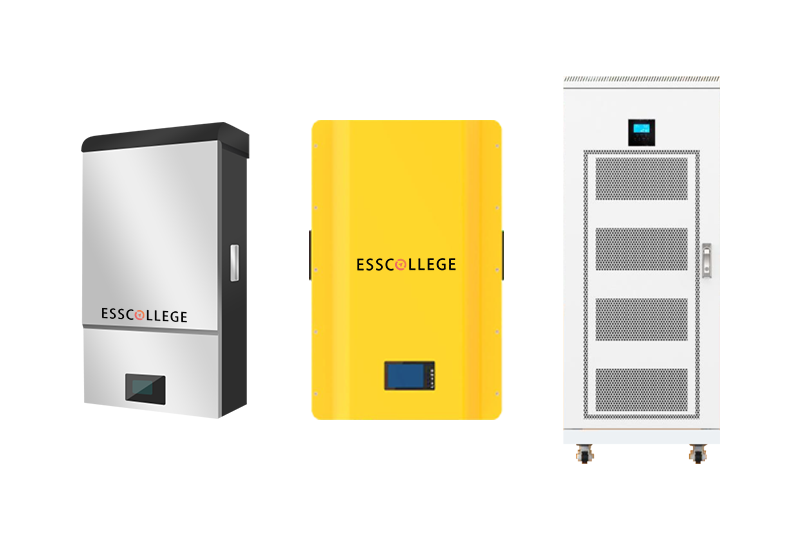
Home energy storage product series
A lithium battery pack for home energy storage systems, which is compatible with solar panels and the sun The inverter can work together with the power grid to power household appliances, and it can also be used as a For off grid systems.
Extended reading
LiFePo4 home energy storage battery
A highly integrated backup power solution for solar home energy...
THE ESSC Brand promise
Global supply
Our products sell well all over the world, covering many countries and regions, through the global logistics network, to provide customers with convenient purchasing experience.
Rigorous quality
We adhere to the highest quality control standards to ensure every product meets industry regulations and customer expectations, earning trust through consistent excellence.
Excellent service
With a customer-centric approach, we provide prompt responses, professional support, and personalized services, aiming to deliver the best user experience and long-term value.
